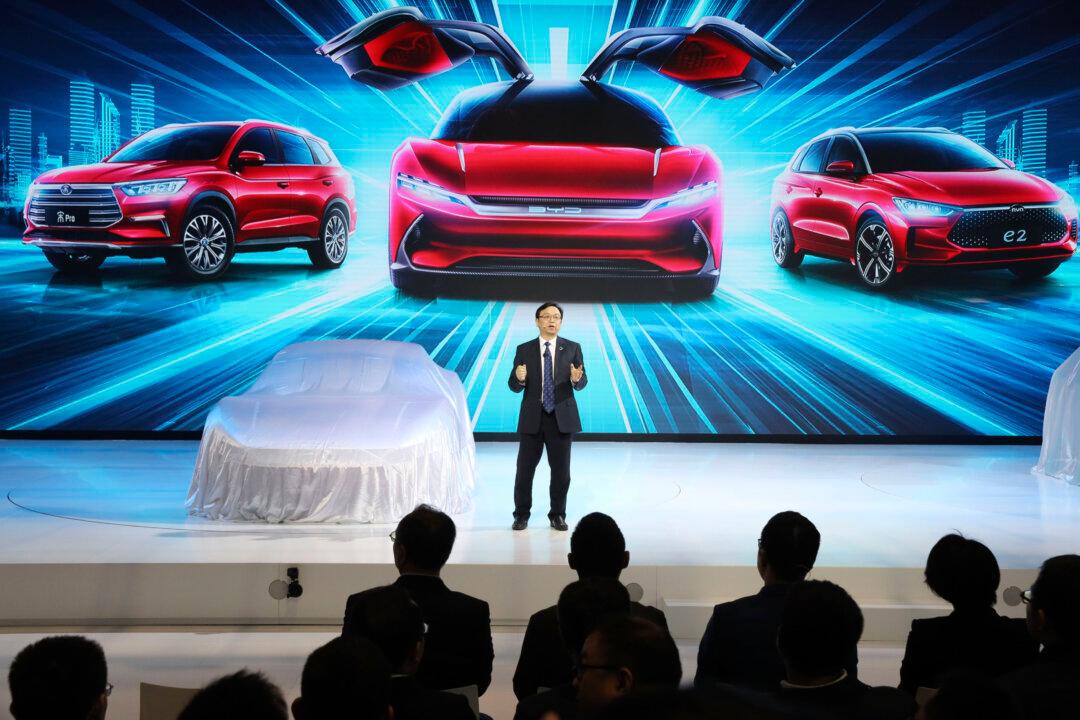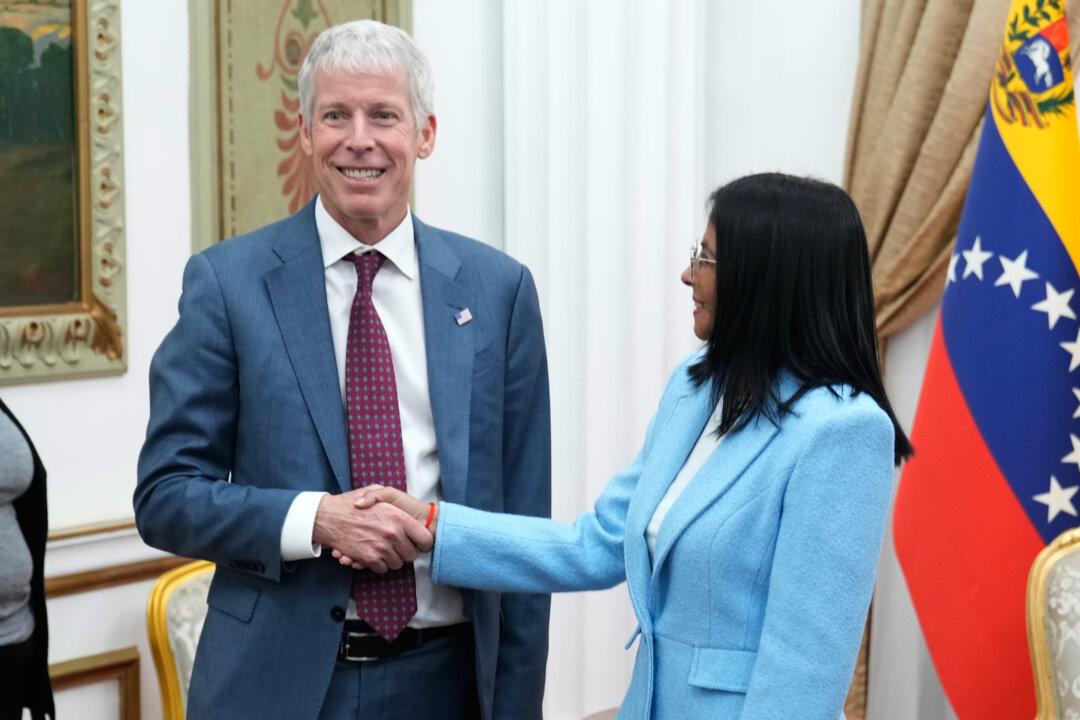While China’s electric vehicle (EV) manufacturers have had a tough time breaking into the U.S. market, this could soon change as the U.S. Environmental Protection Agency’s (EPA) push for EVs could end up benefiting Beijing.
As the domestic market becomes increasingly saturated, Chinese EV manufacturers are looking to boost their exports abroad, with the United States being a major prospective market. The United States has been a tough nut to crack due to a 27.5 tariff percent imposed during the Trump administration which makes Chinese vehicles more expensive. In addition, the current EV tax incentives are only available for U.S.-manufactured vehicles.





